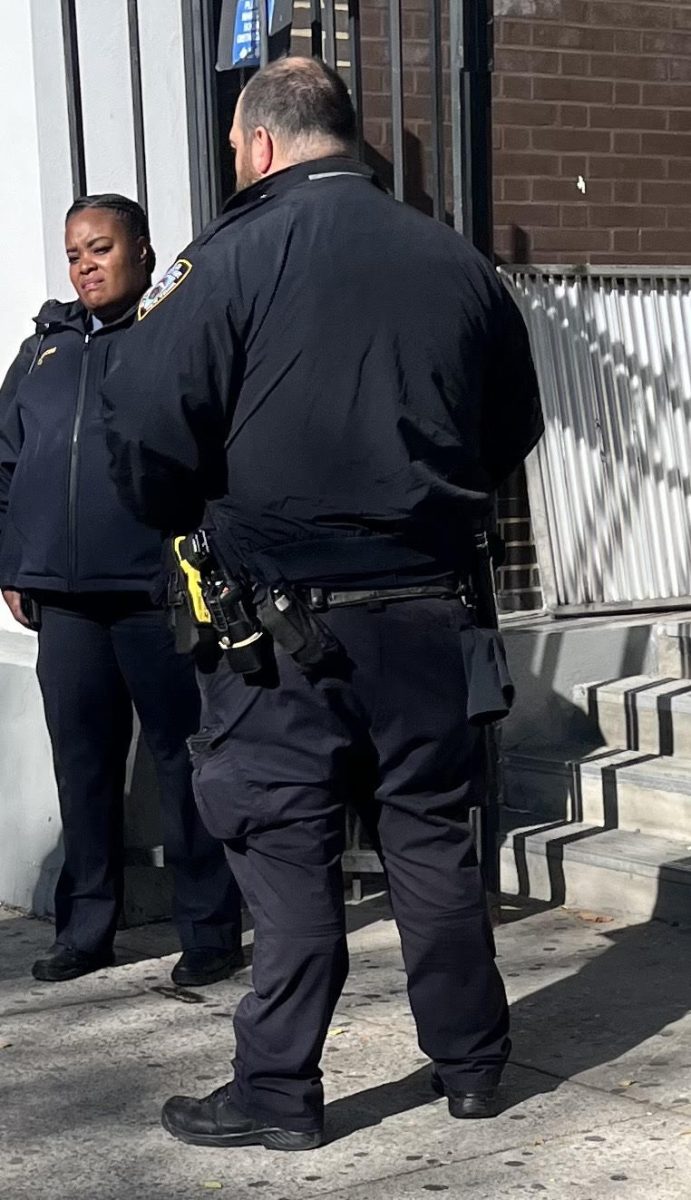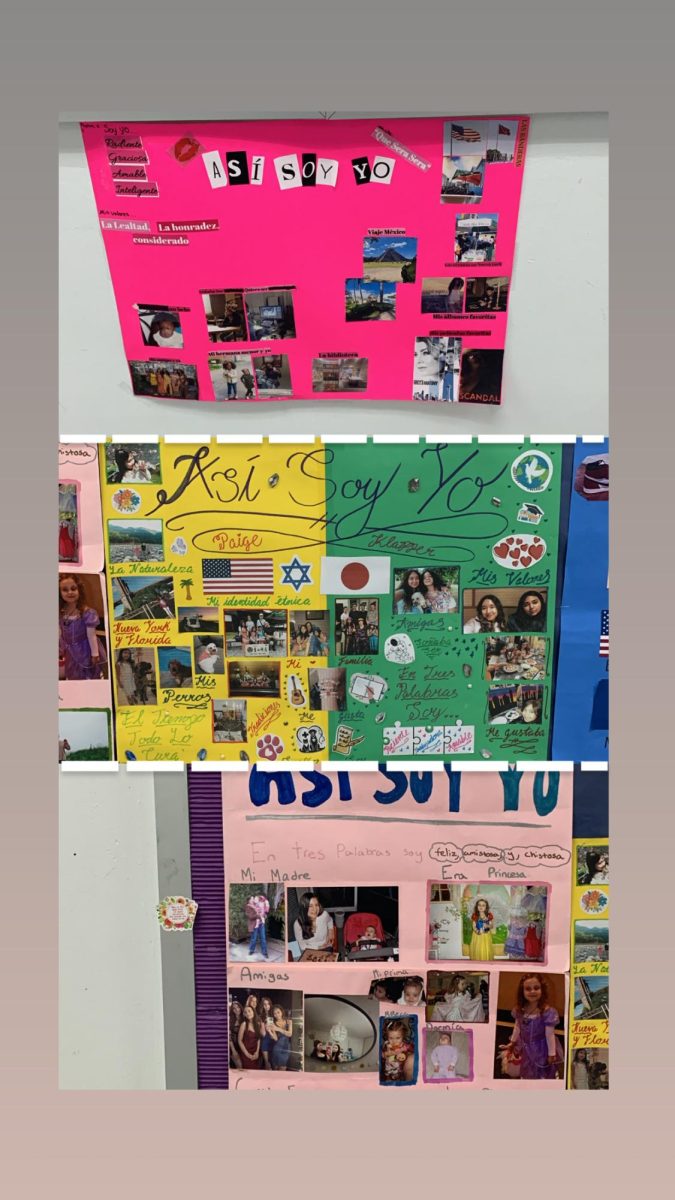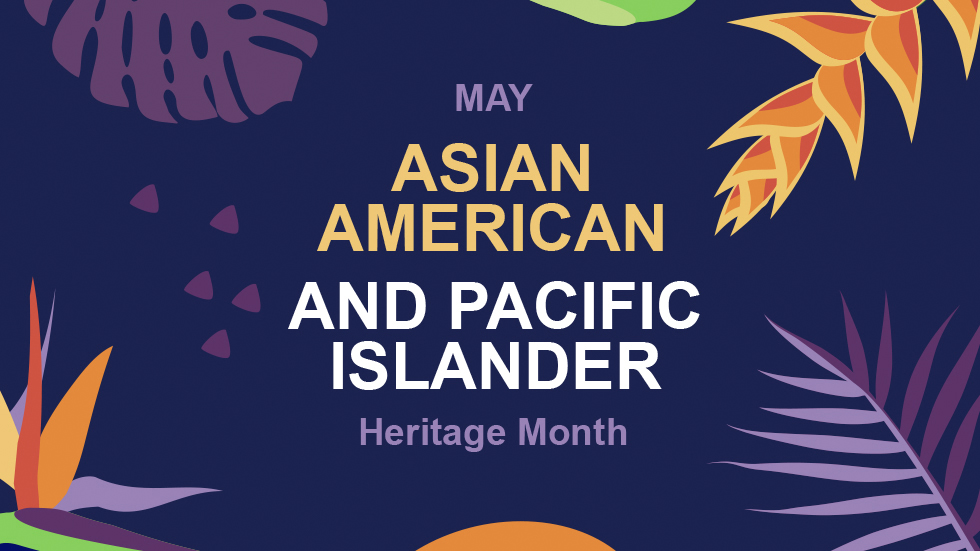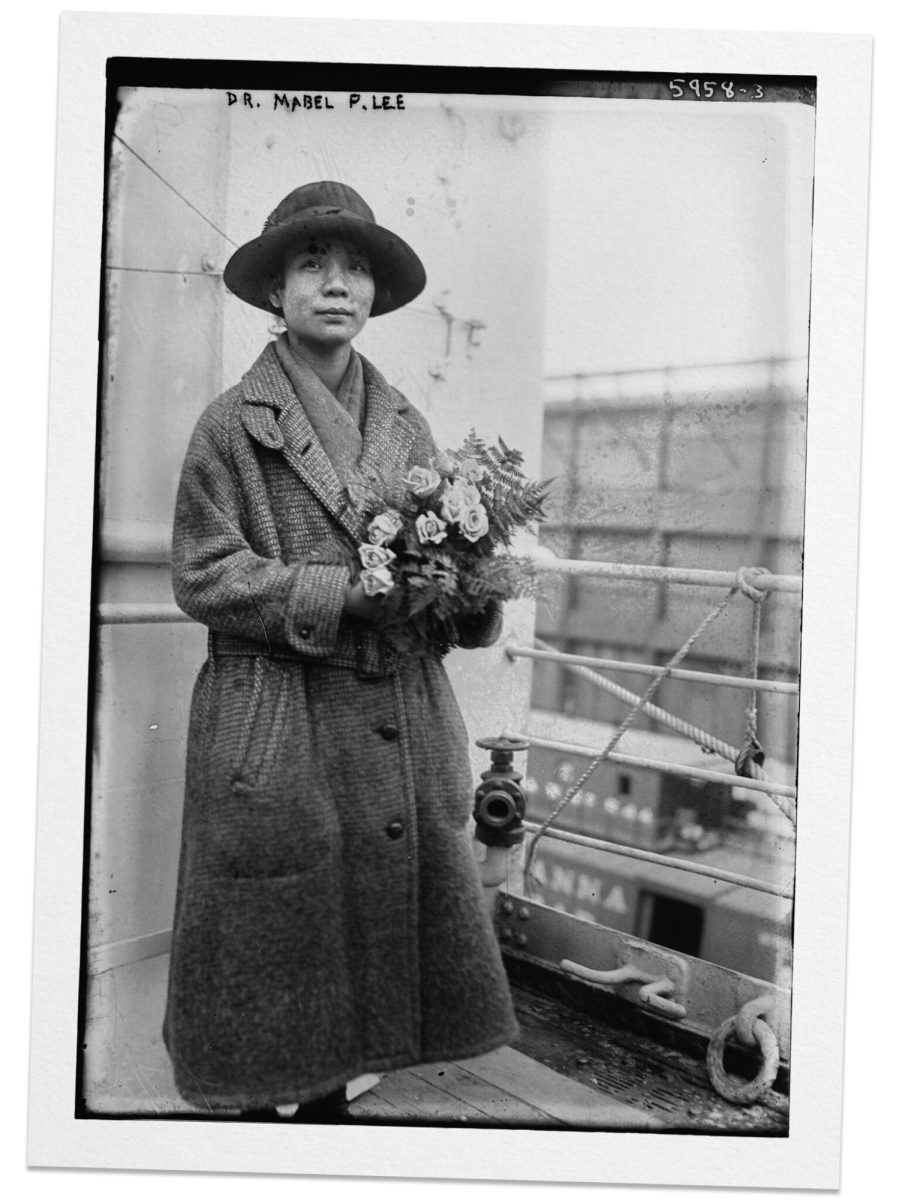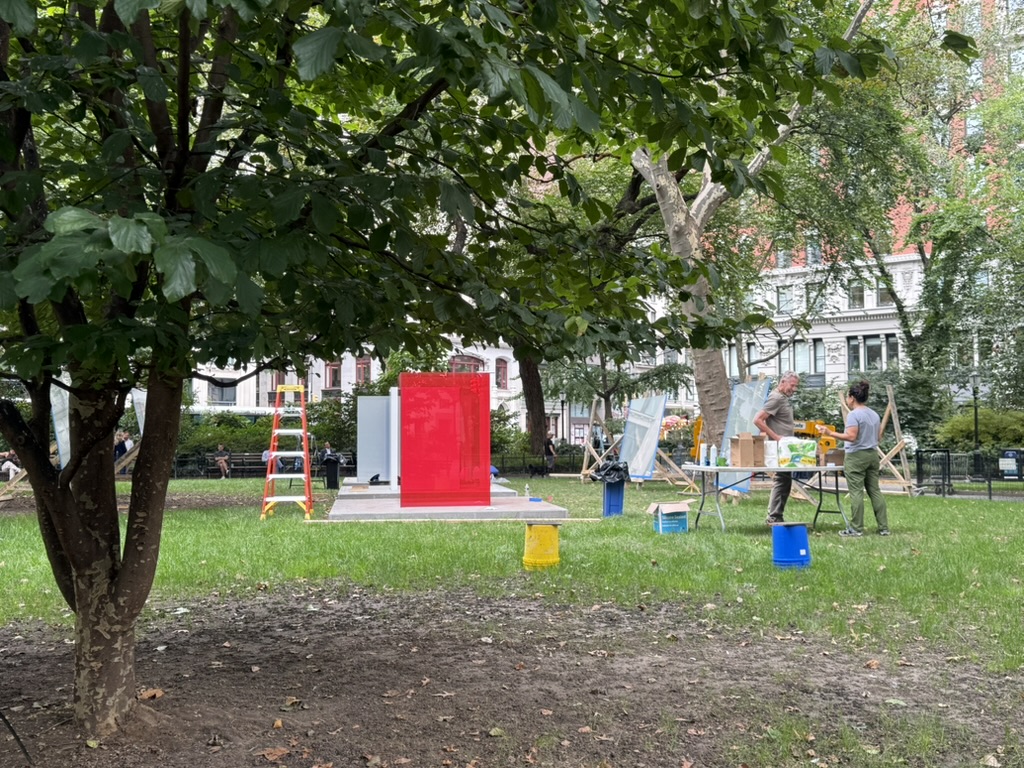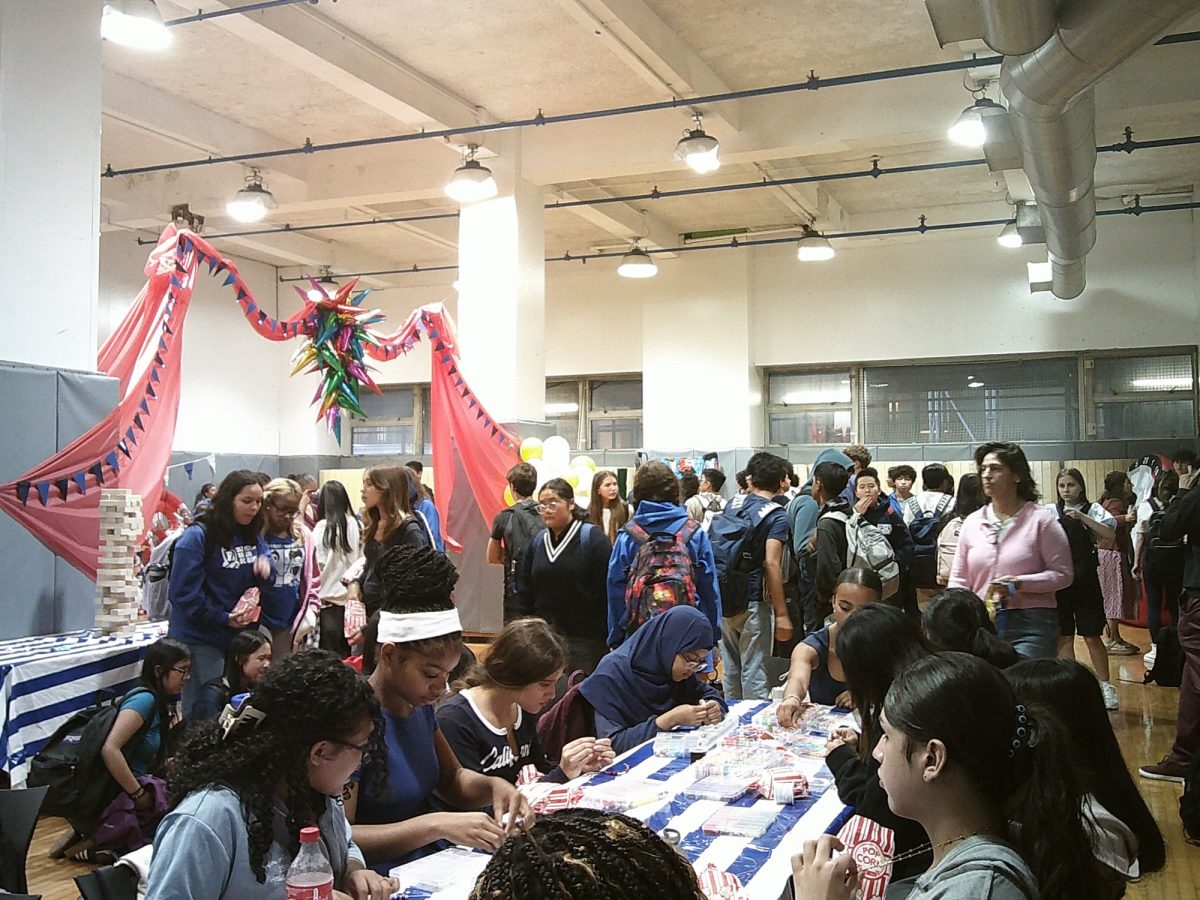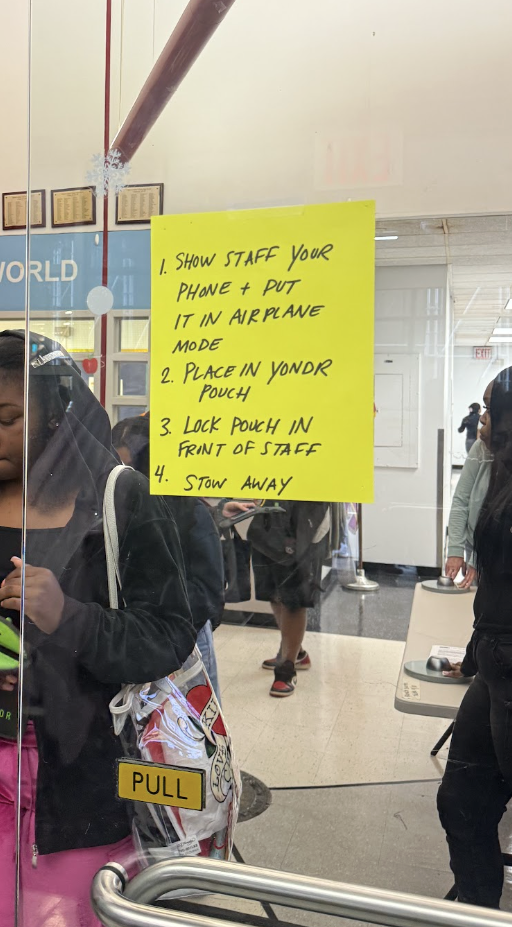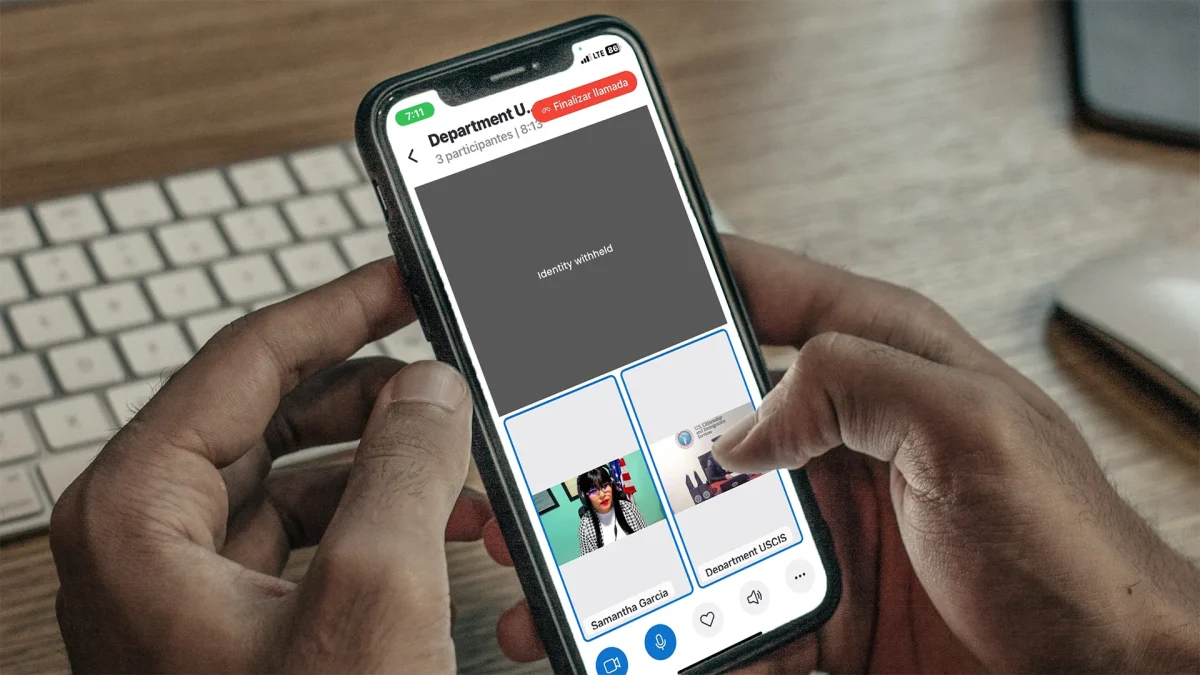Red and blue lights light up the sidewalk, signaling the NYPD is near—the main law enforcement agency of NYC with 36,000 police officers in its ranks. They stop a man for nothing, apparently, and search his pockets for drugs, weapons and other contraband. When they find nothing, they tell him he is free to go and to stay safe. This is just one of the tactics that drove down crime significantly but was deemed unconstitutional by the United States Supreme Court.
This tactic—the stop and Frisk policy of mayors Giuliani and Bloomberg—and others lead to the question of what law enforcement’s role in society should be after several high profile negative events involving law enforcement and people of color in recent years.
This has led to increased scrutiny about the state of policing in America and increased calls for police accountability and racial justice. How are the police supposed to restore trust in the communities they are supposed to serve if they are villainized and judged based on the actions of a few? How do they protect people who don’t trust them in places such as schools?
Frank McCourt High School senior Jonathan Lee believes that having police in school buildings can lead to some students feeling uneasy and profiled even if they did not commit a crime.
Lee empathized “NYPD should not be in schools as there is a lot of fear among students of being falsely accused of a crime and facing consequences. However, I recognize the need for security in a school as my school was locked down for several hours after a shooting threat earlier this year,” he said.
Frank McCourt High School and its surrounding schools were locked down after reports came in of a male student with a firearm in the bathroom at around 9:40 AM shortly after the start of the school year, on Sept. 12. The lockdown was lifted after heavily armed cops swept the entire building and were not able to find the alleged perpetrator. This has led to outrage by parents at the Department of Education’s cell phone ban, among other things, which led to many students being unable to notify their parents that they were in lockdown.
This sentiment was common among all NYC students, with most stating the need for increased security with the heightened threat environment and rise in crime in the city as a whole.
Jason Marcelle, a junior in BCCHS, is currently a police explorer in the NYPD explorer program. He addressed this issue as someone who supports the work that police do to keep communities safe. However, he disagrees with some of the tactics police resort to when suspects do not comply.
“They [police] are trying to resort to weapons, when they could use their voice to disarm situations and I feel that they can really do better as a lot of police work does not involve weapons and the main problem is the people they are allowing to become cops,” Marcelle said.
Marcelle also added that he intends to join the Marine Corps after high school and the NYPD explorers program teaches discipline and military drills to motivated young people who are bored and looking for new challenges and experiences.
Additionally, Junior Mark Dicristino supported the role of law enforcement in schools, as his middle school was a lot more dangerous than Baruch and he believes schools should be places for learning with no room for violence.
“I feel that everyone should get a good education and everyone should be safe while doing so,” Dicristino said.
Senior Christopher Schwiers largely agreed, emphasizing that schools have to be secure places that students and staff feel comfortable learning and teaching in.
Schwiers said, “I feel that it’s essential for at least school security to be inside our schools, you know, I think it’s the job of the general police department, like the ones who are armed to stay outside.”
Overall, Baruchians and NYC students believe that police should deescalate situations when possible and not resort to weapons and violence. However, the majority stress the need for safe schools and cops who can connect with the communities they serve without using controversial tactics to drive down crime and prevent tragedies.
Note: Jonathan Lee, interviewed above, is the brother of the writer.


